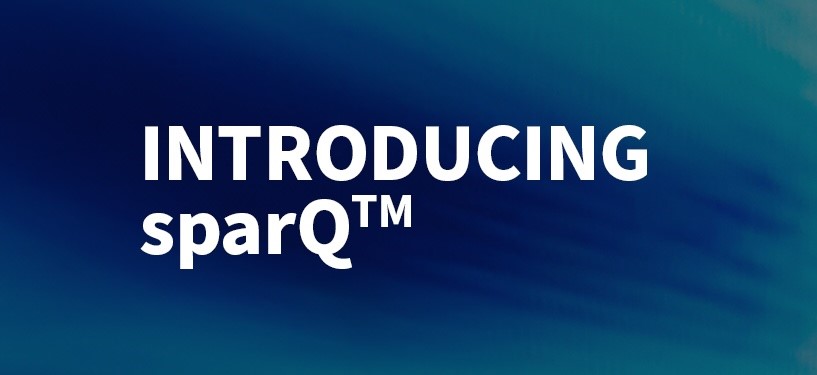Most mainstream media coverage of the “future of work” is focused on fear around AI taking our jobs and the looming skills gap, vaguely theorized from the perspectives of analysts and influencers. But we would argue that humans are very much at the heart of the future of work. And we have the data to prove it.
Each year we partner with the Workhuman® Analytics & Research Institute to extensively survey full-time workers across the U.S., U.K., Ireland, and Canada – giving people leaders and executives a glimpse at the future of work, as told from the perspectives of the humans in our organizations.
This year, responses from more than 3,500 workers show us opportunities for companies to leverage the previously untapped creativity and innovation of people, and to prioritize humanity and emotional intelligence at work.
Click here to dive into the full report, “The Future of Work is Human.”
Here’s a glimpse at some of this year’s most intriguing findings:
- It’s a job seeker’s market (in case you forgot). One in five workers surveyed said they are currently looking for a new job. That number is slightly higher outside the U.S., with about one in four workers in Ireland, U.K., and Canada currently on the job hunt. And your greatest flight risks could be in your IT department, according to the data.
- Perks are nice, but freedom is better. We asked workers which perk is most important to them. Overwhelmingly, the top choice was remote/flexible work. A full 41% ranked this as more important than healthcare, free food, referral bonuses, and even parental leave.
- Values alignment and meaningful work are keys to retention and recruitment. Most people want to feel they’re contributing to something greater – to be doing more than just a job. Data shows when workers’ personal values align with organizational values, they’re nearly 3x as likely to recommend a friend to their company. Workers who feel a sense of meaning in their work are more than 4x as likely to love their jobs.
- Gratitude can help you ride out times of uncertainty. At companies that have been through a merger or acquisition in the last year, workers recognized in the last month are nearly 2x as likely to trust in their company’s leadership team.
- Traditional performance management continues to erode. For the fourth year in a row of this survey, the number of companies conducting annual or semiannual reviews has fallen. In 2016, 82% of workers surveyed said their company used an annual review. That number dropped to 65% in 2017, 58% in 2018, and just 54% this year.
- Pay attention to the manager-employee relationship. Workers who check in with their manager weekly are 5x less likely to be disengaged. And the one thing all workers universally wish their managers did more of (that’s totally free)? Show more appreciation.
- Career milestones are a missed opportunity at most companies. More than half of all workers (51%) say their last work anniversary was not even acknowledged. Even when those anniversaries are acknowledged, 53% of workers say the experience made them feel nothing at all.
- Gender parity is a journey, and we have a long way to go. More than half of women in middle and front-line management say a manager has taken credit for their work. Half of women in IT and all women in hospitality say hiring/promotions are based on gender and/or race.
- Discrimination and toxicity are real, but gratitude can help. One in four workers (25%) said they’ve felt discriminated against at work. And toxic work culture is the top reason people feel unsafe at work (above physical risks, race or gender discrimination, etc.). But the good news is building a culture of gratitude where everyone can recognize good work can increase feelings of belonging by 21%.
The data makes it clear. The future is bright for organizations that leverage human applications to build up gratitude, empower employees to drive their own development, and take an unapologetic stance toward greater equity for all.



